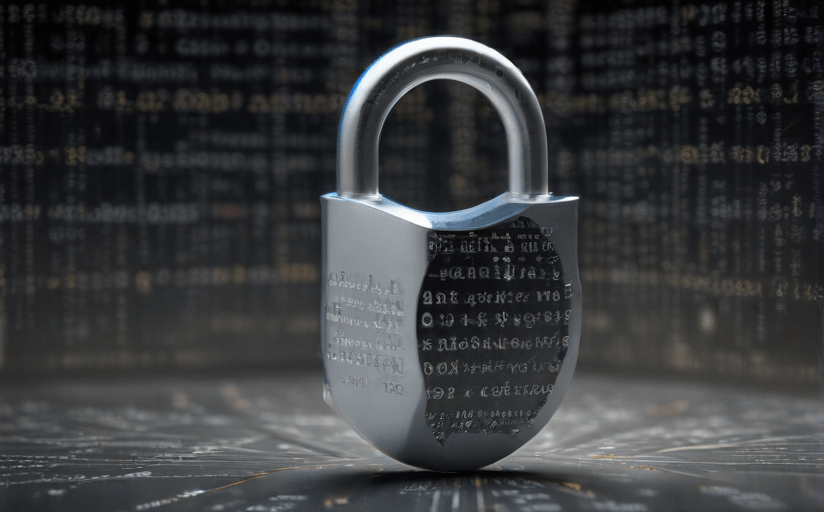Quantum Computing: A Game-Changer in Data Security?
In the rapidly evolving world of technology, quantum computing represents a monumental leap forward. Its potential to solve complex problems much quicker than classical computers positions it as a game-changer across various sectors. However, with this exponential computing power, concerns about data security and cryptography have surfaced.
Quantum Computing and Its Role in Data Security
Quantum computing uses principles of quantum mechanics to process information. Unlike classical computers, quantum computers use qubits, which can exist in multiple states providing exponential computing power. This allows quantum computers to solve complex mathematical problems at an astonishingly fast pace.
The implications of this for data security are profound. Today, data encryption heavily depends on the time and resources it would take to crack a code. With quantum computers, decrypting these codes could become a matter of minutes, threatening the fundamental assumptions on which our current data security is based.
The Impact on Cryptography
Many modern cryptographic systems rely on the sheer computational difficulty of certain mathematical operations. The potential cryptographic abilities of quantum computers could fundamentally upend this security paradigm. However, this is not just a threat but also an opportunity. The same principles that make quantum computers potentially devastating to classical cryptography also position them to forge a new path for future cryptographic systems.
Advancements in the Field
Even as we grapple with the possible threats quantum computing might pose to classical cryptography, the field has not stood still. New cryptographic algorithms are being developed to resist the kind of attack that quantum computers could launch.
There is also a concerted effort in developing Quantum Key Distribution (QKD), a method of transmitting cryptographic keys securely, harnessing the principles of quantum mechanics. QKD is seen as a promising potential solution for secure communication in a world where quantum computers are commonplace.
The Global Community's Response
The global community has largely responded to these security challenges posed by quantum computing with a mixture of trepidation and excitement. While the potential to decrypt current data encryption is daunting, the community also recognizes the opportunities for creating future-proof cryptographic methods.
Institutions globally are encouraging open research and collaboration in the field to navigate these challenging waters effectively. It is a clear reflection of the real benefits and risks quantum computing offers, and the community's determination to utilize this technology responsibly.
Conclusion
In conclusion, quantum computing is a double-edged sword in the context of data security. While it poses a significant threat to current cryptographic systems, it could also offer solutions to these vulnerabilities. As we continue to understand and explore this technology, it is clear that quantum computing has an immense role to play in shaping the future of data security and cryptography.


















Comments
Leave a Comment